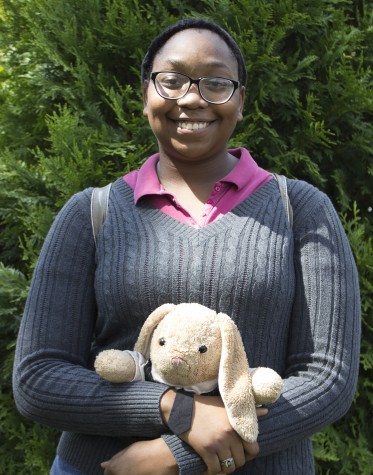Winter Holidays

Many holidays are celebrated in the winter, all of which deserve recognition
December 7, 2015
Do you celebrate Christmas, Hanukkah, Kwanzaa or Three Kings Day? Maybe you celebrate St. Lucia Day or Ramadan. Chances are there are some students at MSMS who observe more than one of those events. Whether that is the case or not, December offers great opportunities to explore our multicultural world.
Hanukkah: Dec. 16 – 24
Hanukkah, which is the Hebrew word for dedication, honors the victory of the Jews over the Greek Syrians in 165 BC. After their victory, the Maccabees, sons of the family that led the revolt, entered the Holy Temple in Jerusalem and dedicated it to the service of their God. When the Maccabees entered the temple, they found only enough lamp oil to last one night, but the oil somehow managed to burn for the whole eight days it took to go in search for more oil. Therefore, Hanukkah is observed more than eight days.
Christmas Day: Dec. 25
Christmas is a Christian holiday that celebrates the birth of Jesus Christ. No one knows the exact date of Christ’s birth but in the 4th Century, Pope Julius I chose Dec.25 as the day of celebration. It’s a holiday that’s celebrated in a variety of ways around the world. In recent times, Christmas has become a holiday that is largely commercial, with everyone eagerly anticipating the arrival of St. Nick, but for Christians around the world, Christmas is a special and holy time to celebrate the birth and life of Jesus Christ.
St. Nicholas
The legend of Santa Claus can be traced back hundreds of years to a monk named St. Nicholas. It is believed that Nicholas was born sometime around 280 A.D. in Patara, near Myra in modern-day Turkey. Much admired for his piety and kindness, St. Nicholas became the subject of many legends. It is said that he gave away all of his inherited wealth and traveled the countryside helping the poor and sick. One of the best known of the St. Nicholas stories is that he saved three poor sisters from being sold into slavery or prostitution by their father by providing them with a dowry so that they could be married. During the course of many years, Nicholas’s popularity spread and he became known as the protector of children and sailors. His feast day is celebrated on the anniversary of his death, December 6. This was traditionally considered a lucky day to make large purchases or to get married. By the Renaissance, St. Nicholas was the most popular saint in Europe. Even after the Protestant Reformation, when the veneration of saints began to be discouraged, St. Nicholas maintained a positive reputation, especially in Holland.
Boxing Day: Dec. 26
The first Boxing Day is believed to have started in the Middle Ages. This is just a guess because the exact date is not known. How Boxing Day started is a question as well. Some say it started with the giving of Christmas boxes, while others think it was named after the tradition of opening charity boxes placed in churches during the Christmas season. Either way, it is now known as one of the biggest shopping days of the year.
Kwanzaa: Dec. 26 – Jan. 1
Although some people believe this holiday is a substitute for Christmas, it is not a religious holiday. It is celebrated every year on December 26th. Kwanzaa, which means “first fruit of the harvest” in Swahili, is a time to focus on the traditional African values of family. It is based upon the celebration of seven principles or beliefs called the Nguzo Saba and was created by Ron Karenga in 1966 to celebrate African-American heritage.
New Year’s Eve: Dec. 31
The celebration of the New Year is the oldest of all holidays. It was first observed in Ancient Babylon about 4,000 years ago. In the years around 2000 BC, Babylonians celebrated the beginning of a new year on what is now March 23rd, although they had no written calendar. It wasn’t until 153 BC that the Roman senate declared January 1st to be the beginning of the new year.
Advent
Christians also celebrate Advent, which begins on the fourth Sunday before Christmas. During Advent, Christians wait and prepare for the celebration of the birth of Jesus Christ.
The Advent wreath, a horizontal evergreen wreath with four candles, symbolizes Advent. Beginning on the fourth Sunday before Christmas, a candle is lit.
Each Sunday thereafter, another candle is lit. Many Advent wreaths also include a fifth candle, called a “Christ candle,” to be lit on Christmas.
There are many winter holidays that are celebrated across this country and around the world, more than just the ones above. Holidays are important to those who celebrate them and those who they celebrate them with.


















